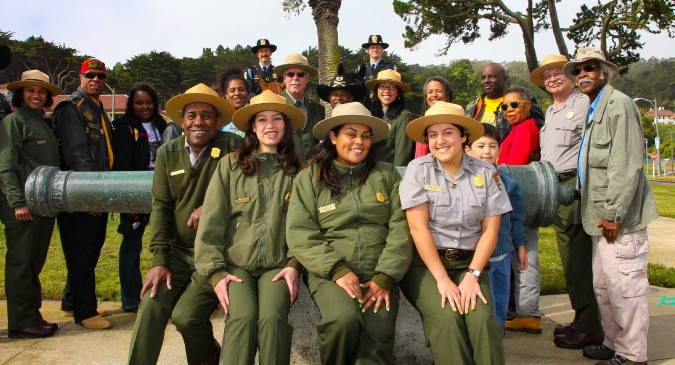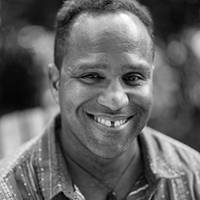An exploration of the racial disparities and inequities of the environmental conservation movement and the efforts that aim to correct them

ENVIR ST 308
4-week session | July 1–24
Tuesday-Thursday, 1–4 p.m.
3 credits
Online course
Instructor

James Edward Mills
Faculty Assistant
james@joytripproject.com
Course Description
This course can be taken as either an in-person course (Envir St 308 Lec 001) or as a synchronous online course (Envir St 308 Lec 002).
Who gets to use our nation’s wild places? Who is welcome in the parks? Who feels safe hiking in the wilderness? How do we change the status quo to make an “outdoors for all?”
The nation’s wild places — from national and state parks to national forests, preserves, and wilderness areas — belong to all Americans. But not all of us use these resources equally. Minority populations are much less likely to seek recreation, adventure, and solace in our wilderness spaces. It’s a difference that African American author James Edward Mills addresses in his 2014 book, “The Adventure Gap: Changing the Face of the Outdoors.”
This summer course at the University of Wisconsin-Madison Nelson Institute for Environmental Studies is designed to provide students with a clear understanding of the socio-cultural circumstances that have created disparities among the U.S. population in citizens’ ability to access and enjoy public land.
Because of deeply rooted racial discrimination of the past, and some that continues to this day, sites that include national parks and monuments that are set aside for recreational enjoyment are disproportionately underutilized by African Americans, Hispanics, Asians and Native Americans. Upon the successful completion of the course students will:
- Recognize the racial divide between those who spend time in nature for their personal enjoyment and edification and those who do not
- Describe and explain the historic policies, legislation and customs that created an environment of systematic racial discrimination that prevented people of color in the United States of America from creating substantive relationships with the natural world equal to their white counterparts
- Describe and discuss the experiences of specific people of color over the past 100 years of American history who, despite the circumstances of racial discrimination at the time, excelled at creating adventurous experiences and lifestyles
- Recognize, summarize, and analyze the political and social institutions that prevent underrepresented members of our society from enjoying experiences in the outdoors or contributing to the long-term preservation of the natural world
- Based on their understanding of past discriminatory practices, be able to analyze, formulate, and defend improved policies and social systems that will encourage diversity, equity and inclusion in the management of public land and the interpretation of our shared natural history
Fulfills Environmental Studies
![]()
Theme
UW Designations
![]()
Ethnic Studies
![]()
Social Science
![]()
Intermediate